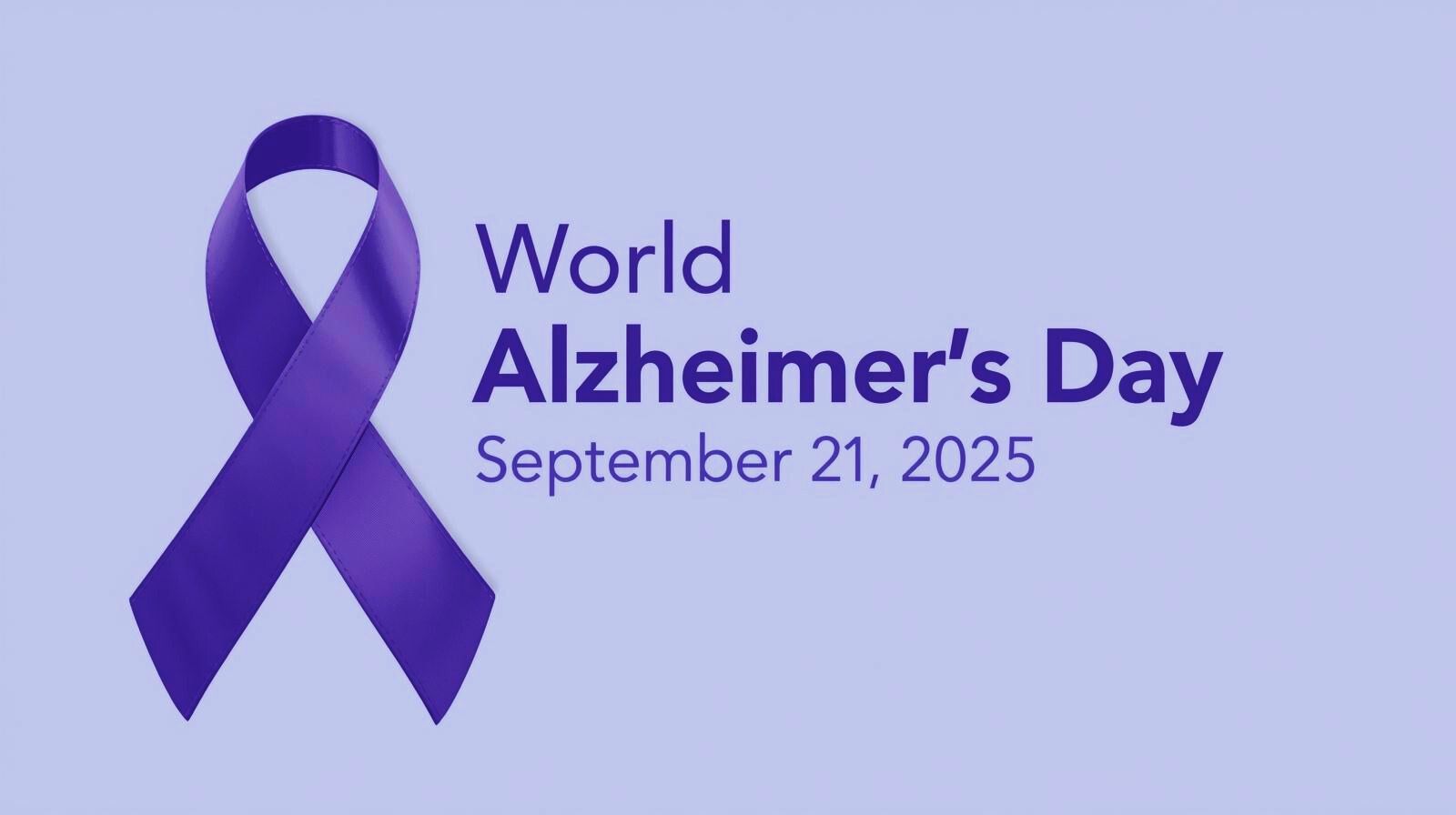January 2024 Longevity Challenge

A new year of longevity challenges
Last year we launched the Zest Monthly Longevity Challenges. Each month we challenged our community to try out, or focus on, a different lifestyle intervention that research shows can improve and extend your life.
We're excited to continue these monthly challenges throughout 2024, with some repeats of the most well-loved challenges as well as some brand new ones exploring the latest developments in longevity science.
This month’s challenge: fasting
We are kicking this year off with a January fasting challenge. This is how we started last year and many of our community felt it was a great way to reset after an indulgent holiday period. In fact, it was one of our most popular challenges of 2023! After the festive season, an extended fast of at least 24 hours can be a revitalizing experience and the perfect way to enter the new year feeling happy, focused and positive. Extended fasts also offer a huge range of science-backed health benefits, as we’ll discuss later in this blog, so if you don’t already fast regularly this challenge is an opportunity to see whether you’d like to make it a part of your protocol.
We're challenging you to undertake a 24-hour, 48-hour, or 72-hour fast. Whichever duration you choose, it will have great benefits for your longevity and will also be a personal mental challenge. To make this experience as social as possible, we have a Zest longevity challenges Facebook group where we’ll be sharing updates throughout our own fasts and providing key information, including a step-by-step fasting guide.

The health benefits of fasting
Short-term:
- Improved metabolic health: After around 8 hours without nutrition your body experiences an initial dip in blood sugar, but your levels then stabilize as you begin using glycogen stores from the liver. Research shows that even short fasts (less than 24 hours) can reduce insulin resistance, lower blood pressure and improve cholesterol levels. [1]
- Improved cognitive function and focus: Once your body has depleted its stores of glucose (often around 16-18 hours after last eating) it starts to utilize alternative ways for producing energy, such as ketosis. During ketosis, fat cells are metabolized into ketones which are used as fuel for the muscles and brain, resulting in enhanced mental clarity and focus. [2]
- Reduced inflammation and decreased risk of degenerative diseases: Another alternative energy pathway your body uses is autophagy, in which old and damaged cellular components are broken down for nutrition and replaced. [3] Research has shown that fasting-induced autophagy can reduce inflammation, [4] suppress cancer, [5] and clear away mis-folded proteins associated with Alzheimer’s disease. [6]
Medium-term:
- Improved immunity: Long fasts appear to have powerful rejuvenating effects on the immune system. Studies show that 72 hours of fasting leads to the formation of new lymphocytes from stem cells in the blood and may protect against the harmful side effects immunosuppressive therapies. [7]
- Clearance and inhibition of senescent cells: Fasting is believed to have a lasting effect on senescent cells. These are harmful cells that cannot replicate but which cannot be removed by the body’s usual mechanisms, and their build up is thought to be a major factor in age-related decline and disease. Fasting can remove senescent cells by starving them of energy and β-hydroxybutyrate, a product of ketosis, can prevent senescent cells accumulating. [8]
Long-term:
- Lifespan extension via mTOR: Fasting suppresses the mTOR pathway, a series of protein interactions that promote cellular senescence and inhibit autophagy late in life. [9] The suppression of mTOR is therefore thought to be one of the most effective methods for slowing down aging.
- Lifespan extension via sirtuins: Fasting also activates sirtuin genes which are heavily associated with lifespan extension and healthier aging. You can read all about sirtuins and their remarkable impact on longevity in our previous blog post: A Brief Guide to Sirtuins.
The cumulative effect of all these processes means that regular fasting can greatly reduce the risk of cardiovascular disease, cancer and diabetes, and lead to significantly healthier aging overall.
Details about the challenge
- Beginner: 24-hour calorie-restricted fast
- Intermediate: 48-hour calorie-restricted fast
- Advanced: 72-hour calorie-restricted fast
What type of fast
Fasting simply involves ingesting no, or minimal, calories for an extended period of time, generally at least 12 hours. There are different types of fasting with different rules, ranging from nil by mouth (not even water!) to just cutting out certain nutrients. For this challenge, we recommend a calorie-restricted fast. This means you can still drink water, black tea and black coffee, and can take in electrolytes in liquid form (we recommend using dissolvable tablets), making it the most accessible and effective method of fasting.
How long to fast for
Fasting for 24 hours is sufficient to bring about many of the beneficial effects we have discussed here, particularly when practiced regularly. However, increasing to 48 or 72 hours has a more sustained and powerful effect due to the prolonged action of ketosis, autophagy and other processes. Studies of extended fasts lasting as long as 10 days have shown some impressive results [10], but these are not recommended without medical supervision.
For this month’s challenge, if you’ve never fasted before then we recommend 24 hours, as this should be an achievable aim for anyone. If you have some experience of fasting, then 48 or 72 hours is a tough but very worthwhile aim!
When to fast
You can do your fast at any time throughout the month of January, but our Zest team will be fasting on the weekend of Jan 19-21. We’ll be posting updates to the Zest Monthly Longevity Challenges Facebook group, so if you’d like a little extra motivation, accountability and discussion, we recommend choosing that weekend too!
On the group we will also be:
- Providing further useful information about fasting (including a step-by-step fasting guide), as well as details about future challenges
- Posting about our own experiences of fasting, including changes to key biomarkers as well as impacts on physical and mental performance
- Answering any questions relating to the healthcare or scientific side of fasting and other longevity challenges - we are a team of doctors and longevity scientists and are excited to share our knowledge!
- Encouraging members to share their own experiences so we can spark discussions and encourage one another






